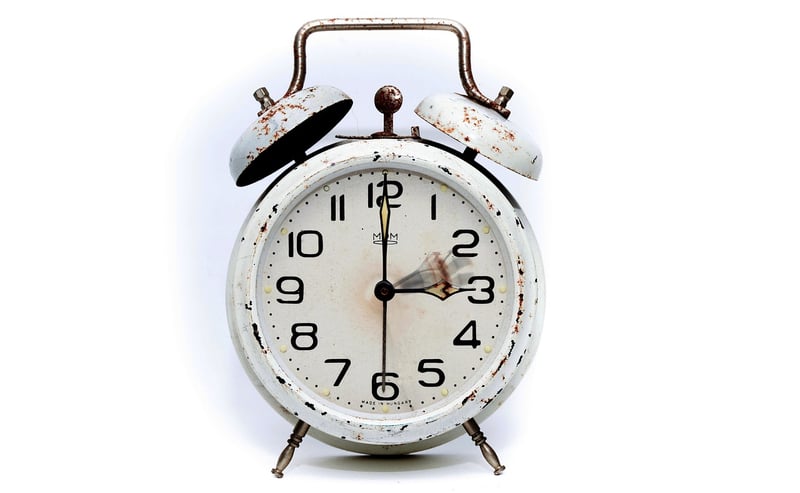Alteration Dilemmas
The Moral Implications of Time Travel and Alteration Dilemmas
Time travel has long captured the human imagination, inspiring countless works of fiction and scientific speculation. While the concept of traversing through time may seem exhilarating, the moral implications of such a technology are profound and intricate. Delving deeper into the realm of time travel reveals a myriad of ethical dilemmas that arise from the ability to alter the past and potentially shape the future.
Paradoxes and Consequences
One of the most pressing moral concerns surrounding time travel is the potential for paradoxes. Altering a single event in the past could have far-reaching consequences, creating a chain reaction of events that may lead to unforeseen and potentially disastrous outcomes. The classic example is the grandfather paradox, where a time traveler goes back in time and prevents their own grandfather from meeting their grandmother, thus preventing their own birth. This paradox raises questions about the implications of erasing one's own existence and the ethical responsibility of time travelers to consider the consequences of their actions.
Historical Integrity and Cultural Impact
Another moral dilemma inherent in time travel is the preservation of historical integrity and the impact of altering past events on the present and future. By intervening in historical events, time travelers risk distorting the course of history, potentially erasing significant cultural achievements or altering the trajectory of human progress. This raises profound questions about the preservation of cultural heritage, the importance of learning from history, and the ethical implications of manipulating the past for personal gain or societal benefit.
Temporal Responsibility and Accountability
Time travelers must also grapple with issues of temporal responsibility and accountability. The power to alter the past carries with it a weighty burden of ensuring that changes made do not have detrimental consequences for individuals or society as a whole. This raises questions about the ethics of playing "god" with time, the moral imperative to consider the well-being of all individuals affected by temporal alterations, and the broader implications of tampering with the natural flow of time.
Conclusion
In conclusion, the moral implications of time travel and alteration dilemmas are profound and multifaceted. As we continue to explore the possibilities of traversing through time, it is essential to consider the ethical responsibilities that come with such power. By reflecting on the paradoxes, consequences, historical integrity, cultural impact, temporal responsibility, and accountability associated with time travel, we can better navigate the complex terrain of altering the past and shaping the future.

Explore more about time travel and its ethical considerations here.
